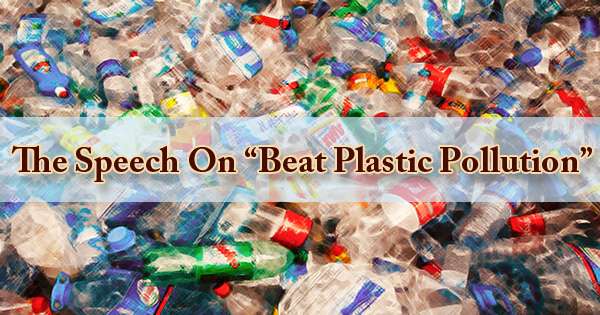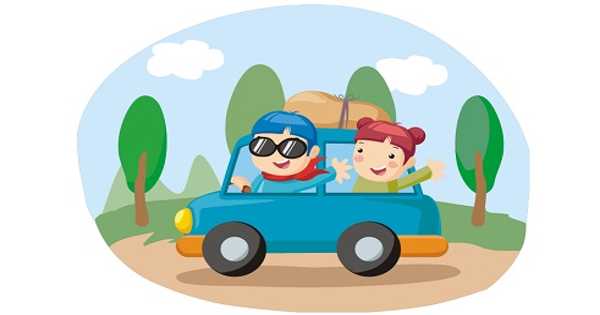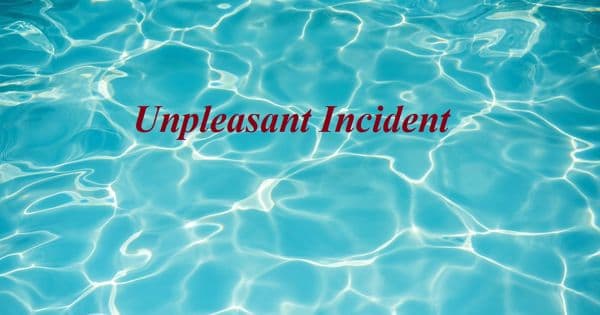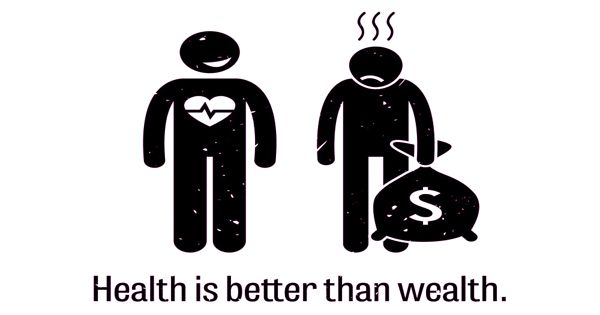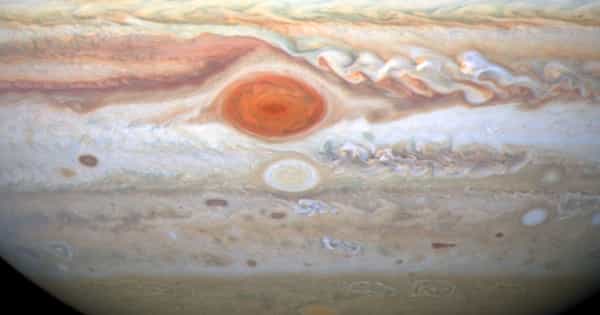A very Good Morning/Afternoon/Evening to Honorable Principal Sir/Madam, respected teachers, parents, seniors, and my dear friends/students, Warm Greetings to Everyone!
Thank you all for taking out time and being present at this seminar session. I welcome you all to the National Environment Day Program. The theme of today’s program is “Beat Plastic Pollution”, but before we pledge to beat plastic pollution it becomes very important for all of us to understand how and in what way plastic is polluting our environment.
Plastic pollution can be defined as the build-up in the Earth’s atmosphere of plastic or plastic materials or particles that affect nature, living organisms, habitats, and wildlife. For each one of us, it is simply a call to action as we are supposed to come together for a cause, i.e. to deal with the great environmental problems before us. Plastic pollution has been one of the most disturbing environmental problems in today’s world. With the exponential rise in the production of disposable plastic goods, the planet is being overburdened.
The world has recognized that the need for the hour is to protect and develop our environment as it is directly linked to people’s well-being and economic development across the globe, which is why June 5 is particularly dedicated to celebrating World Environment Day and raising the consciousness of people. The June 5 celebration gives us an important opportunity to improve our awareness of the environment and collectively shoulder the duty to protect our planet Earth where an important step towards it is to beat plastic pollution. It is necessary for different communities and organizations to undertake seminars and workshops to lay a strong foundation for cleaner and greener cities.
Plastics are low-cost and long-lasting, resulting in high human production of plastic. Plastics’ chemical composition makes them resistant to many natural degradation processes. They are not readily degraded as a result of this. As it acts like a sponge, plastic becomes a problem. It soaks up other ocean-present toxic substances and contaminants. These chemical and hazardous compounds are gradually released into the atmosphere with additives such as color, which turns out to be extremely poisonous when the plastic breaks down.
The resources provided to them by nature were abused by human beings and persisted for thousands of years. But what we see now is that the greed of man knows no limits, and we are hell-bent on destroying the very existence that nurtured us. Not only do we misuse wealth by unfair means, we even pollute our motherland and choke it with filth and waste. The design and development of various new plastic products was speeded up after World War II. Life without plastic is impossible in the modern age. Even though plastic was quite convenient, the dark side of the commodity was revealed as people began to indulge in the throw-away community. Many plastic products, such as plastic sacks or polythene, have a lifetime of mere minutes to hours. However, for hundreds of years, they have stayed in the climate.
Just 9 percent of the plastic has been recycled and 12 percent has been incinerated after production rose in the 1950s. This leaves approximately 79% of the 8.3 billion metric tons produced sitting in landfills or littering our fields, oceans, and waterways. Major rivers act as conveyor belts that bring garbage into the oceans, which includes plastic waste. It stays in the coastal waters until the plastic waste enters the shore. However, it can be carried across the globe if it gets trapped in ocean currents. Millions of birds, goats, fish, and other marine species are destroyed by plastic every single year. It is estimated that plastic has infected about 700 animals, including endangered ones. Plastic is eaten by almost every species of sea bird. So to beat plastic waste, we need to work together.
Plastic is robust in nature, preventing it from quickly decomposing, making it a leading cause of waste these days. In addition, here’s what we can do to protect our climate from pollution in our daily lives:
- Stop using plastic bottles;
- Stop using polythene bags for carrying any commodity;
- Stop the use of plastic cups for drinking coffee or tea instead use earthen cups;
- Use recycled products; even clothes for that matter;
- Never throw plastic in any form on the roadside or streets;
- Organize community gatherings for the city cleanup program;
- Try plugging, which means jogging while picking up rags from the roadside;
- Spread awareness among the people about the hazards of plastic pollution.
Each year the planet ultimately generates 380 million tons of plastic entering the atmosphere, which can end up as contaminants. While plastic burning reduces the quantity of waste dumped into the oceans and lands, toxic fumes are still produced, which also contribute as greenhouse gases. However, if we make a stern decision and use modern waste management methods, we will be able to make strides in creating a safe and healthy world. It is high time that we as responsible global citizens, take on the burden of protecting our environment and become involved in preserving our mother earth, not just our government. So, ladies and gentlemen, let’s make a promise to successfully tackle plastic waste and protect our world from all potential risks.
Hope you all have a great time.
Thank you all.
